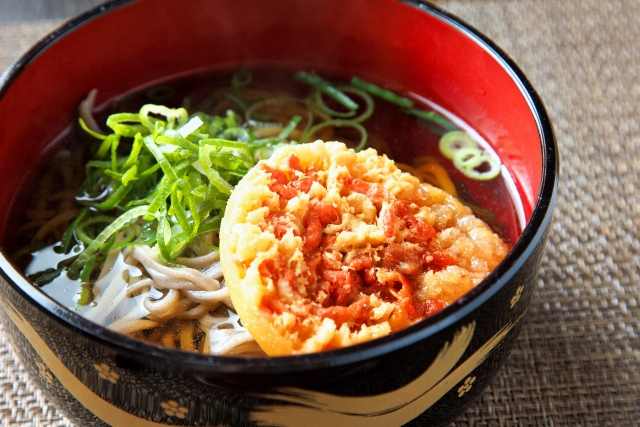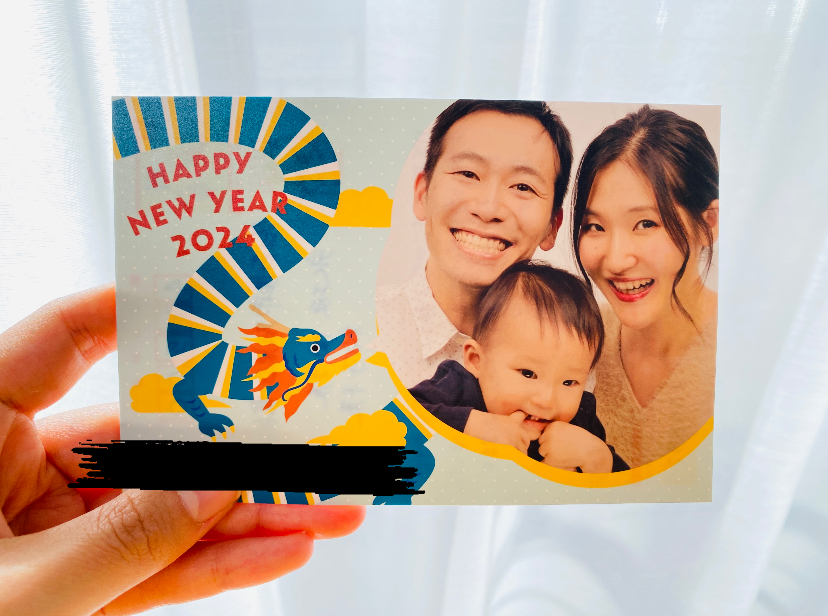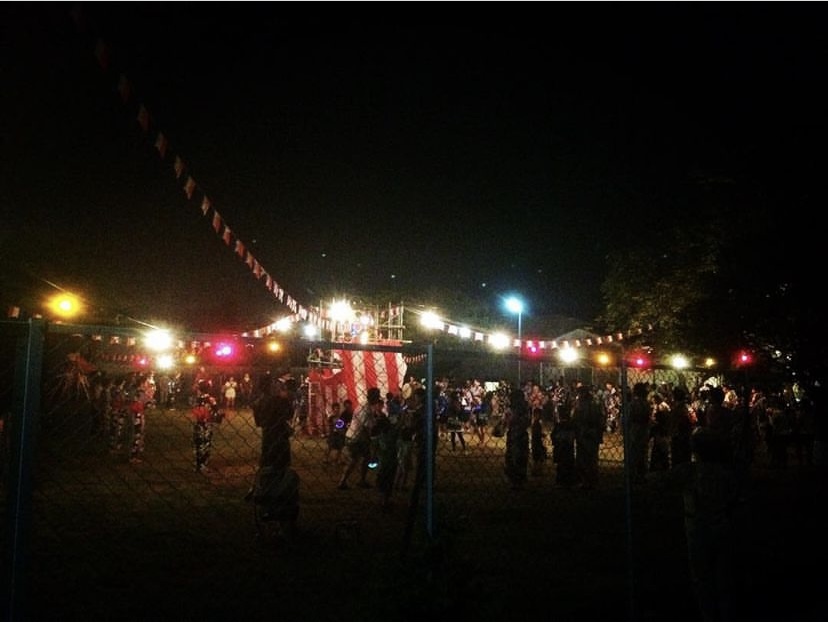What to know before you attend the wedding in Japan
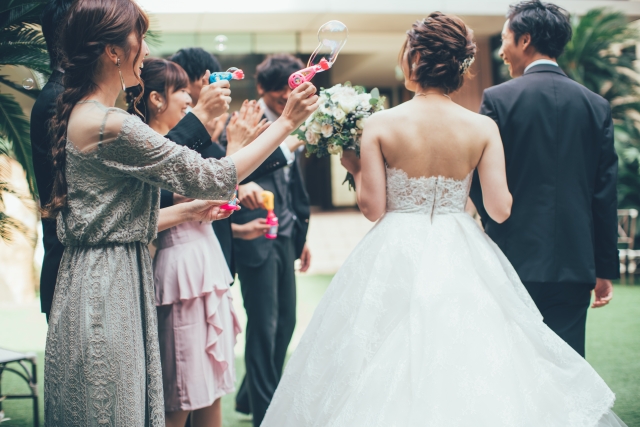
After attending my best friend’s wedding in Japan, I realised that understanding wedding etiquette is unique, and there are many things to know before the ceremony!
If you have the opportunity to attend one, I’m sure it can be very helpful to ensure you don’t unintentionally offend your friends on their special day!
Here are two big essentials to know about!
Goshugi –
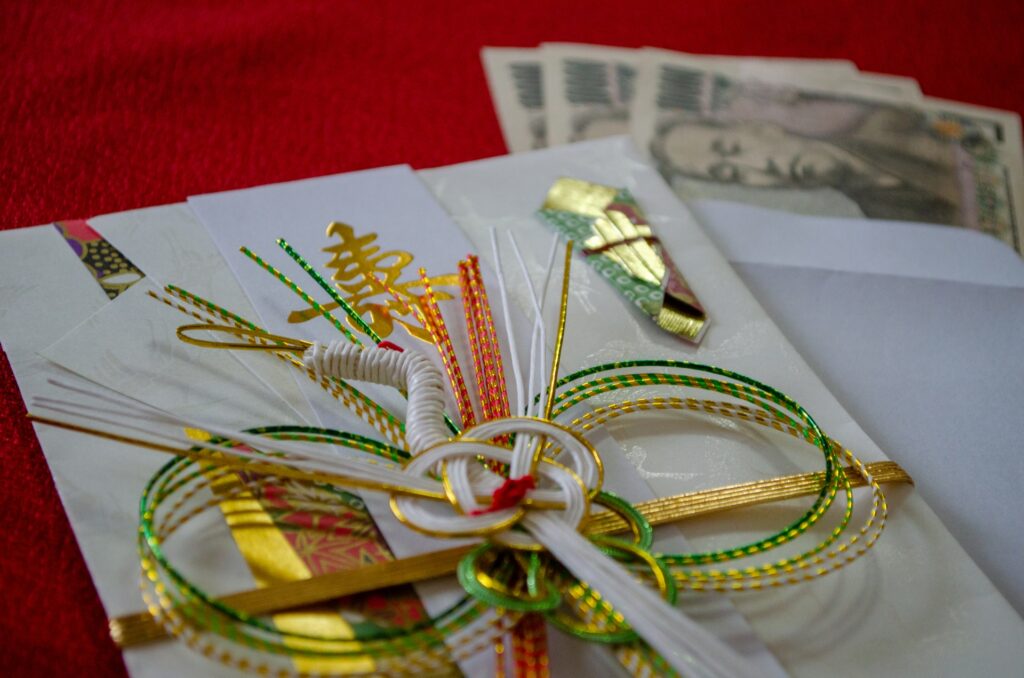
If you’re invited to a wedding in Japan, it’s customary to prepare the proper envelope like above picture for giving money as a gift. Typically, 30,000 JPY is considered the average amount for friends and colleagues.
The amount should be an odd number to make it difficult to split evenly between the bride and groom. It’s best to avoid even numbers like 20,000 Yen or 40,000 Yen, as they are easily divisible. Additionally, please be aware that the numbers 4 and 9 are considered unlucky in Japanese culture, as they are associated with death and suffering.
When preparing money in the envelope, it’s advisable to use new banknotes and place the money on the surface within the envelope. Also, do not forget to write your name, your address and amount of money.
Wedding Outfit –
When I was invited to a wedding in Canada, I remember the dress code was more casual, and people wore whatever they liked! I brought both formal and casual dresses just in case, and it turned out to be the best decision to bring both otherwise, I would have been the only one so formal and might have felt so embarrassed! So, this is why I feel like Japanese weddings are more formal.
For ladies, it’s best to avoid wearing a white dress since the bride may also choose white for her wedding attire. Black is acceptable, but it’s a good practice to add other accent colors through accessories and belongings. In Japan, all-black attire is typically associated with funerals.
Ladies should probably avoid wearing white dress and open-toe shoes!
Open-toe shoes are considered unlucky in Japan. The Japanese word for ‘toe’ is ‘tsuma saki,’ and ‘tsuma’ also means ‘wife.’ ‘Saki datsu’ means ‘passed away early.’ Hence, open-toe shoes are associated with this unfortunate connotation.
If you choose to wear heels or pumps, it’s important to wear stockings, especially at weddings, as it’s considered good etiquette. When choosing your outfit, it’s best to avoid showing too much skin, particularly at afternoon weddings.
These are just recommendations, so you don’t have to strictly follow them. However, in my opinion, suburbs like Nagoya or Aichi, especially among the older generation, tend to be more conservative. Japanese weddings typically invite relatives and the entire family, so it’s probably better to consider the two essentials mentioned above just to make sure no one takes offense on your friend’s special day!

